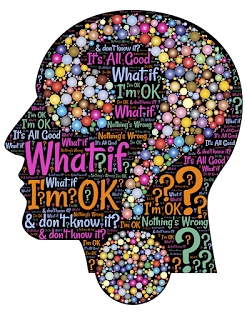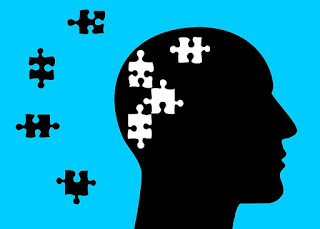 |
| Silent But Deadly Book Review |
The Secret to Managing Anxiety? Sometimes You Just Need a Good Fart Joke.
In my work helping clients manage anxiety, depression, and complex trauma (PTSD/cPTSD), we spend a lot of time talking about the crushing weight of keeping up appearances. We are all policing our thoughts, our emotions, and our bodies, trying desperately not to mess up.
That’s why I absolutely loved Kirsten Bell’s hilarious book, Silent But Deadly. It’s an anthropological romp that dives straight into the "un-askable" questions of polite society: why do we laugh when someone rips one? Why are Americans obsessed with body odor? And what’s with the British obsession with dogs?
Bell is an Australian social anthropologist (and Visiting Professor at King's College London, so she knows her stuff), and she delivers a straight-up, no-messing-about, laugh-out-loud analysis.
Why I’m Recommending a Book on Taboos to My Serious Clients:
It’s Permission to be Human: The core of anxiety and cPTSD is often a terrifying fear of being "found out" or judged. Bell’s analysis is a brilliant, funny antidote. By showing how ridiculous and arbitrary social "rules" are—from which words are acceptable to which bodily functions must be hidden—she gives you permission to laugh at the pressure and loosen the reins on that exhausting self-control.
A Healthy Break from Heavy Topics: Healing depression and trauma is deep, serious work. Sometimes, the most therapeutic thing you can do is engage your curiosity and find some joy. This book is a delightful way to activate the lighter side of your brain without abandoning the critical thinking your professional mind craves.
The Power of Impeccable Insight (with Giggles): While you're giggling at her Tom Sharpe-esque wit, Bell is sliding in a tonne of information. She’s funny, smart, and her notes are impeccable—the perfect mix of authority and accessibility. It shows you that deep insight doesn't have to feel like a heavy academic burden.
The Takeaway for Your Mental Health:
Silent But Deadly is a five-star delight and an excellent reminder that beneath the lawyer, the doctor, or the manager, we are all just complicated, slightly smelly humans subject to weird cultural rules.
Reading this and ready to move past the "silent but deadly" fear of judgment and start living with more authentic freedom? Email ellen.whyte@gmail.com or WhatsApp: +44 7514 408143 me, and we set up a free 15 minute chat.







.png)








